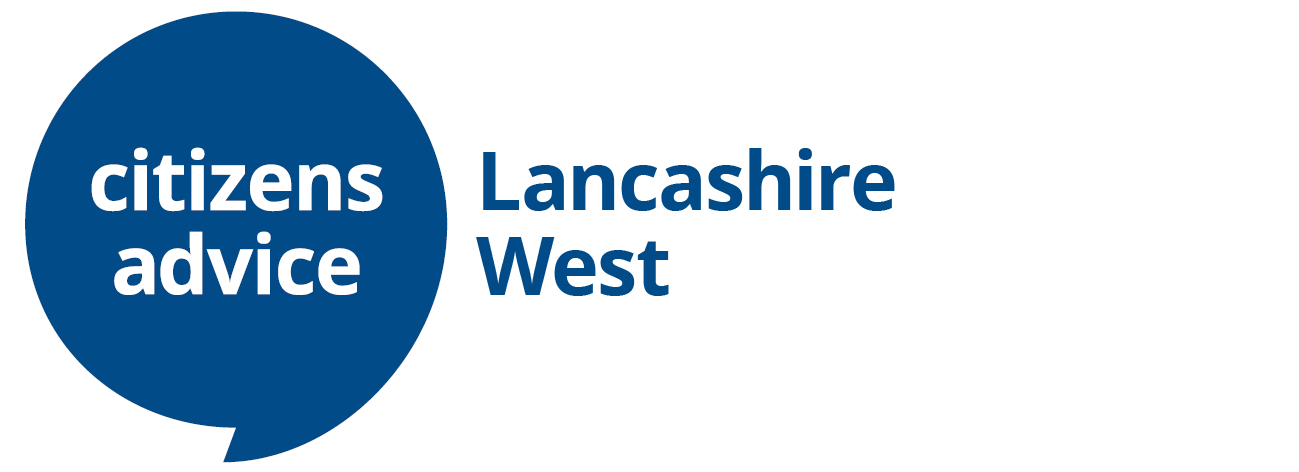Why Are Blue Badges Becoming Harder to Access?
Exploring the Barriers of Digital Exclusion and Inconsistent Renewal Reminders
In the past five years, Citizens Advice has seen a 115% increase in the number of people seeking help with applying for a Blue Badge. Since its introduction in 1971, the Blue Badge scheme has provided essential support to disabled people, enabling them to park closer to their destination, use yellow lines for a limited time, and access free parking in some areas. This lifeline is linked to the individual, making it usable in any car, whether the badge holder is driving or a passenger.
The government acknowledges the significance of the Blue Badge scheme, noting that it “provides better access to work and other amenities, while also helping combat loneliness by helping [people] stay connected to family and friends.”
While government data shows a 23% rise in the number of Blue Badges issued between 2019 and 2023, the demand for Citizens Advice support with applications has grown disproportionately. Two primary issues contribute to this trend:
The increasing reliance on fully online applications.
A lack of consistent reminders to renew Blue Badges.
The Barrier of Digital Exclusion
Digital exclusion is one of the main challenges applicants face. Among recent case studies from Citizens Advice advisers, over 60% highlighted digital exclusion as a significant barrier.
Digital exclusion refers to the lack of devices, internet access, or digital skills needed to complete online tasks. Around 1.6 million people in the UK remain offline, and the cost-of-living crisis has worsened the situation. In June 2023, Citizens Advice polling estimated that 870,000 people lost broadband access within six months due to affordability issues.
Despite this, more councils are moving their Blue Badge application processes entirely online. Many find council websites and application forms challenging to navigate, particularly without an email address or the ability to upload documents.
Take Claire*, a 77-year-old with sight and mobility impairments. Claire needed a Blue Badge to attend hospital appointments but was unable to apply online because she lacked an email address and computer skills. With support from Citizens Advice, she successfully accessed a paper application.
Advisers report that older individuals, disabled people, and those with long-term health conditions are most affected by digital exclusion. Making paper applications mandatory and easily accessible would ensure everyone, regardless of their digital capability, can apply for a Blue Badge.
The Problem with Inconsistent Renewal Reminders
Blue Badges are valid for a maximum of three years, requiring holders to reapply before their badge expires. Without renewal, individuals can face significant gaps in accessibility.
While local authority guidance suggests councils should remind badge holders to renew three months before expiry, this is not mandatory. Many people are unaware their badges require renewal, leading to disruptions in their daily lives.
Sue*, a full-time carer, faced such a challenge when her mother’s Blue Badge expired and was confiscated without any prior renewal notice. Her mother, who struggles with mobility, relied on the badge to attend regular doctor’s appointments. The absence of a Blue Badge made everyday tasks significantly harder.
Simple Solutions for Big Impact
Addressing the challenges around Blue Badge access doesn’t require significant overhauls—just a commitment to simple, effective measures:
Mandatory Renewal Reminders: Ensuring all badge holders receive timely renewal notifications would prevent unnecessary lapses in accessibility.
Accessible Application Processes: Mandating the availability of paper applications would ensure digital exclusion doesn’t leave vulnerable people behind.
Blue Badges are more than just parking permits; they are lifelines for people with disabilities and long-term health conditions. As accessibility barriers increase, it’s crucial for the government to act to support those who rely on this essential service.
*Names have been changed to protect privacy.

